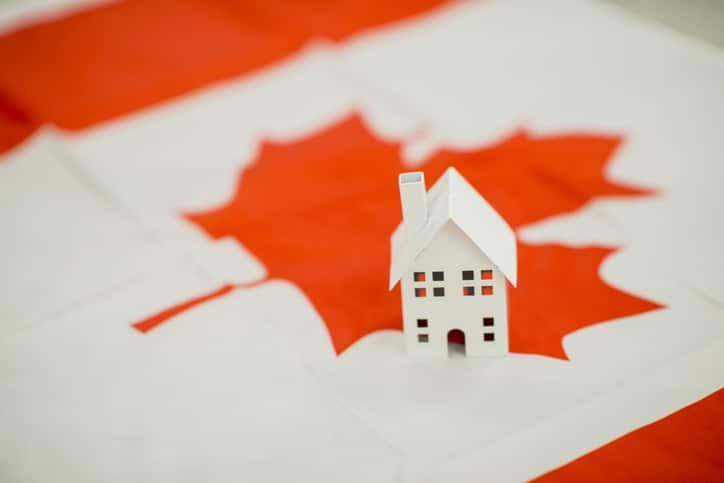Source: The New York Times —
This summer, after the Supreme Court struck down the landmark 1973 decision in Roe v. Wade, Americans flooded Google and typed in “how to move to Canada” — the search term spiked 850 percent in one hour. “How to become a Canadian citizen” spiked 550 percent.
Moving to Canada has long been a kneejerk impulse when domestic politics turn sour, and not just in the United States. In Britain, the “How to move to Canada” search shot up in June 2016, shortly after the Brexit referendum.
But Canada may not want you anymore — at least, it’s making it much harder to buy property there. Beginning Jan. 1, America’s friendly neighbor to the north is enacting a wide-ranging ban on the purchase of residential property by non-Canadians for two years.
Like many countries during the pandemic, Canada saw huge price increases for both sales and rentals as borrowing rates plunged to record lows, taking inventory with them. In the midst of a bruising election campaign in 2021, Prime Minister Justin Trudeau’s Liberal Party of Canada took a swing at a housing crisis that was becoming a political crisis. “The desirability of Canadian homes is attracting profiteers, wealthy corporations, and foreign investors,” proclaimed a campaign website. “Homes are for people, not investors.”
After a close election victory, the party last spring quietly introduced the Prohibition on the Purchase of Residential Property by Non-Canadians Act, putting foreign home buyers in the cross hairs.
The proposal was a response to a widespread political sentiment, but it “sounded absurd,” said Jacky Chan, the Vancouver-based founder and CEO of BakerWest Real Estate, which markets luxury high-rise condominiums nationwide.
“As multicultural as Vancouver and Canada are, there is a sentiment around, ‘Yeah, Asians, foreigners, immigrants are coming here, buying up real estate, eating supply and driving up prices,’” said Mr. Chan, who was born in Hong Kong and has lived in Vancouver for 29 years. “Most foreigners buying real estate are not speculators. They’re immigrants buying homes to live in.”
Besides, regional governments were already working to address skyrocketing house prices. In Ontario, the provincial government raised the real estate speculation tax for foreign buyers from 20 percent to 25 percent. British Columbia enacted a 20 percent tax on international home buyers. And the measures seemed to be working — foreign investment in real estate fell from a high of 9 percent of residential sales in June 2016 to about 1 percent in June 2022, according to data from the British Columbia Ministry of Finance. “No developer in his right mind was even targeting them,” Mr. Chan said. “Why would a ban make sense?”
By mid-2022, prices across Canada had already begun to recede. But in June, without fanfare, the prohibition on foreign buyers was signed into law. In fact, it had gone largely undetected, even by many real estate professionals.
“This was one line in a document,” said Julie Côté, senior manager of the real estate taxation practice for nonresidents at the FL Fuller Landau accounting firm in Montreal. “Then, silence. They never let the world know this was actually happening.”















